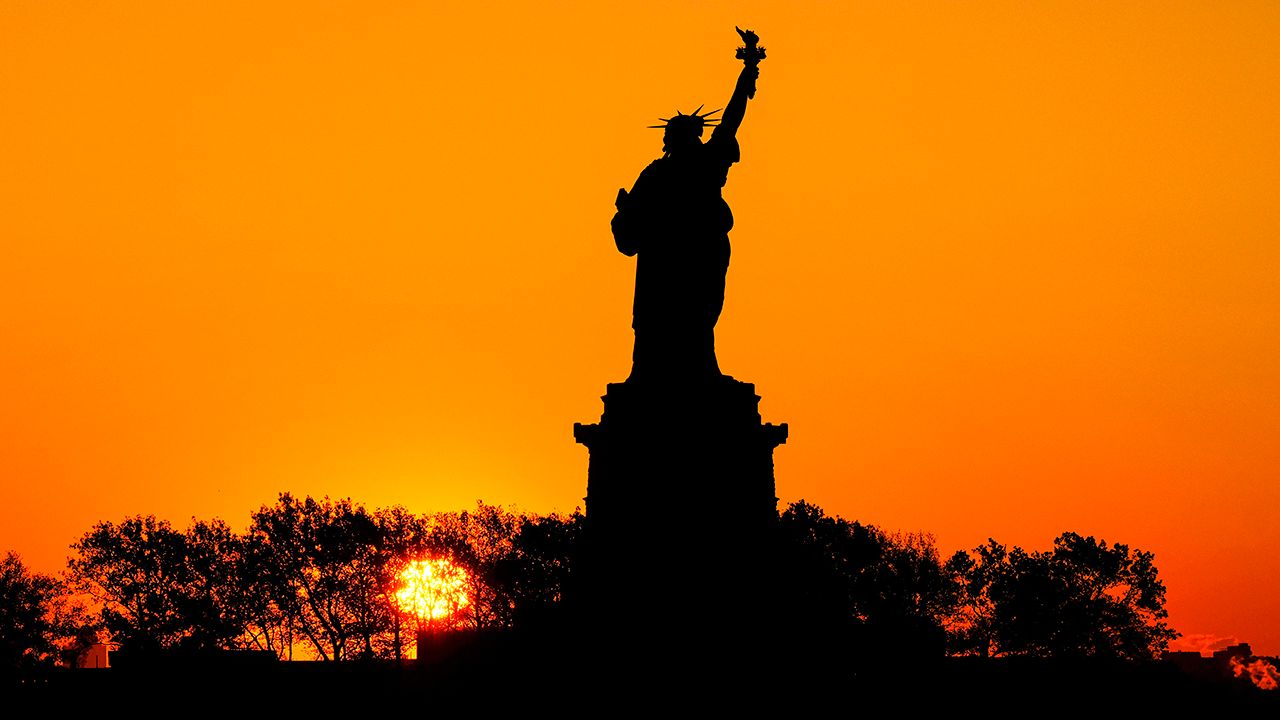New York City was not in a good position to withstand the economic headwinds created by the COVID-19 pandemic.
Tourism has disappeared. Broadway has shuttered. Restaurants have been severely curtailed and many have closed. Sure, the stock market is doing well, but that's wholly different from middle and low-income jobs that have been lost or small businesses that have closed.
And New York City's economic troubles could spell serious problems for the rest of New York in the near future. In other words, upstate residents have a stake in what happens there, too.
A report released Tuesday by Comptroller Tom DiNapoli's office painted a dire picture for New York City's financial struggles nearly six months into the coronavirus pandemic.
Here are some of the highlights, or really lowlights, of what the crisis has done to the state's economic engine:
- More than 944,000 jobs were lost in March and April. That's the largest job loss since the Great Depression nearly a century ago. Unemployment has spiked from 3.4 percent in February to 20.4 percent in June. It has never been higher in 44 years.
- New York City has projected a revenue loss of $9.6 billion from the pandemic. It has taken $11.4 billion from different resources, including $4.1 billion from reserves and $2.6 billion from the Retireee Health Benefits Trust.
- The proposed budget is resting heavily on non-recurring actions to balance its spending and close a gap of $4.2 billion.
“The social, economic and budgetary impacts of the pandemic have been unprecedented on New York City, the state and the nation,” DiNapoli said. “Without additional federal budget relief, the city will need to make hard choices to ensure budget balance in the current fiscal year and to close next year’s budget gap.”
If you live outside of New York City, you are understandably asking what this has to do with you. Well, a lot.
The city remains the main economic driver of the state. The rich people who live in New York City balance out the state budget by contributing a large portion of its revenue through the personal income tax. That keeps upstate taxes being increased even further. The stock market also provides a source of wealth for the state, from how transfers are taxed to bonsues.
And if New York City's finances are under the weather, upstate will soon face a similar economic dilemma. It could, in fact, be even worse.
Upstate New York did not recover from the previous financial recession a decade ago like the rest of the country did, or New York City for that matter.,
The region has struggled to retain population and with many local governments relying heavily on sales tax revenue, that leaves few avenues for making up the difference in lost money.
Already county governments are trying to determine what they will do when their budgets are due at the end of this calendar year to offset that lost sales tax revenue, which has declined by tens of millions of dollars since March.
Upstate, of course, has restaurants and small businesses and tourism dollars it relies on. But it doesn't have a stock market to fall back on.
New York City's fortunes are often intertwined with the rest of the state. Think of the decline of the 1970s, when the city was rebuffed for federal assistance at the time. The rest of the state was not faring well, either.
What happens next in New York City will be illustrative how New York's economy as a whole is able to survive and move on from the current crisis.


